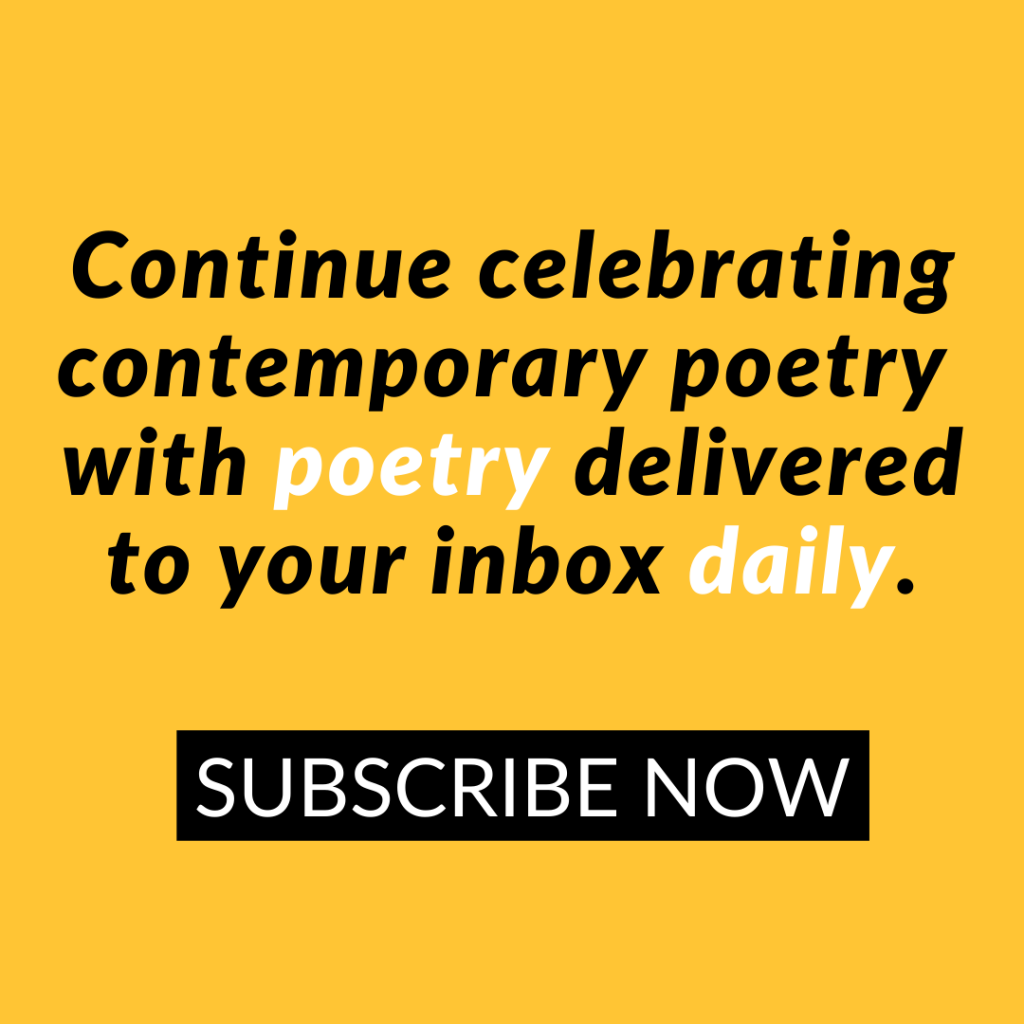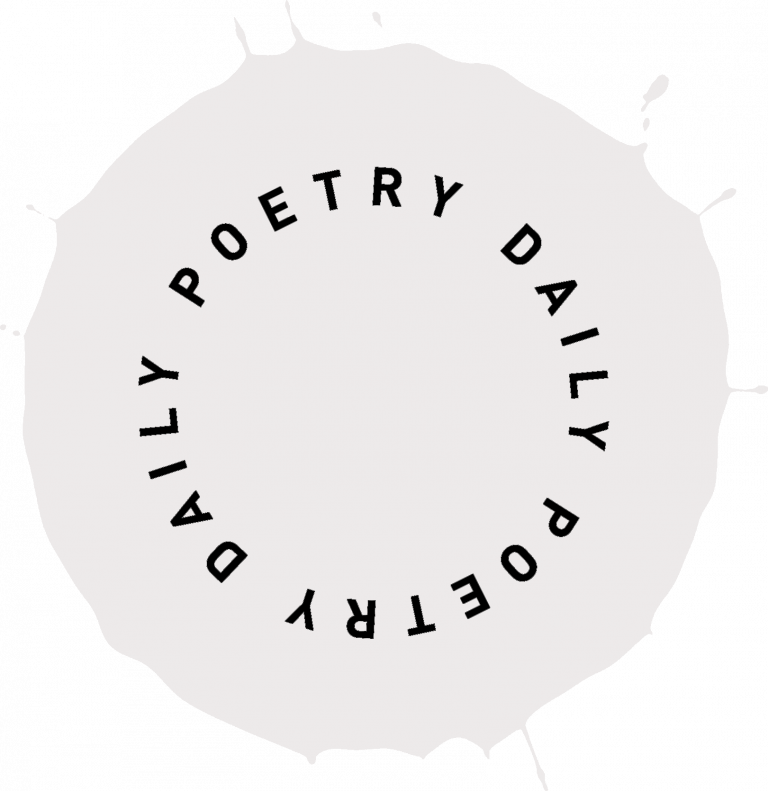1.Is it winter again, is it cold again,didn’t Frank just slip on the ice,didn’t he heal, weren’t the spring seeds planteddidn’t the night end,didn’t the melting iceflood the narrow gutterswasn’t my bodyrescued, wasn’t it safedidn’t the scar form, invisibleabove the injuryterror and cold,didn’t they just end, wasn’t the back gardenharrowed and planted—I remember how the earth felt, red and dense,in stiff rows, weren’t the seeds planted,didn’t vines climb the south wallI can’t hear your voicefor the wind’s cries, whistling over the bare groundI no longer carewhat sound it makeswhen was I silenced, when did it first seempointless to describe that soundwhat it sounds like can’t change what it is—didn’t the night end, wasn’t the earthsafe when it was planteddidn’t we plant the seeds,weren’t we necessary to the earth,the vines, were they harvested? 2.Summer after summer has ended,balm after violence:it does me no goodto be good to me now;violence has changed me.Daybreak. The low hills shineochre and fire, even the fields shine.I know what I see; sun that could bethe August sun, returningeverything that was taken away—You hear this voice? This is my mind’s voice;you can’t touch my body now.It has changed once, it has hardened,don’t ask it to respond again.A day like a day in summer.Exceptionally still. The long shadows of the maplesnearly mauve on the gravel paths.And in the evening, warmth. Night like a night in summer.It does me no good; violence has changed me.My body has grown cold like the stripped fields;now there is only my mind, cautious and wary,with the sense it is being tested.Once more, the sun rises as it rose in summer;bounty, balm after violence.Balm after the leaves have changed, after the fieldshave been harvested and turned.Tell me this is the future,I won’t believe you.Tell me I’m living,I won’t believe you. 3.Snow had fallen. I remembermusic from an open window.Come to me, said the world.This is not to sayit spoke in exact sentencesbut that I perceived beauty in this manner.Sunrise. A film of moistureon each living thing. Pools of cold lightformed in the gutters.I stoodat the doorway,ridiculous as it now seems.What others found in art,I found in nature. What others foundin human love, I found in nature.Very simple. But there was no voice there.Winter was over. In the thawed dirt,bits of green were showing.Come to me, said the world. I was standingin my wool coat at a kind of bright portal—I can finally saylong ago; it gives me considerable pleasure. Beautythe healer, the teacher—death cannot harm memore than you have harmed me,my beloved life. 4.The light has changed;middle C is tuned darker now.And the songs of morning sound over-rehearsed. This is the light of autumn, not the light of spring.The light of autumn: you will not be spared.The songs have changed; the unspeakablehas entered them.This is the light of autumn, not the light that saysI am reborn.Not the spring dawn: I strained, I suffered, I was delivered.This is the present, an allegory of waste.So much has changed. And still, you are fortunate:the ideal burns in you like a fever.Or not like a fever, like a second heart.The songs have changed, but really they are still quite beautiful.They have been concentrated in a smaller space, the space of the mind.They are dark, now, with desolation and anguish.And yet the notes recur. They hover oddlyin anticipation of silence.The ear gets used to them.The eye gets used to disappearances.You will not be spared, nor will what you love be spared.A wind has come and gone, taking apart the mind;it has left in its wake a strange lucidity.How privileged you are, to be passionatelyclinging to what you love;the forfeit of hope has not destroyed you.Maestoso, doloroso:This is the light of autumn; it has turned on us.Surely it is a privilege to approach the endstill believing in something. 5.It is true there is not enough beauty in the world.It is also true that I am not competent to restore it.Neither is there candor, and here I may be of some use.I amat work, though I am silent.The blandmisery of the worldbounds us on either side, an alleylined with trees; we arecompanions here, not speaking,each with his own thoughts;behind the trees, irongates of the private houses,the shuttered roomssomehow deserted, abandoned,as though it were the artist’sduty to createhope, but out of what? what?the word itselffalse, a device to refuteperception— At the intersection,ornamental lights of the season.I was young here. Ridingthe subway with my small bookas though to defend myself againstthe same world:you are not alone,the poem said,in the dark tunnel. 6.The brightness of the day becomesthe brightness of the night;the fire becomes the mirror.My friend the earth is bitter; I thinksunlight has failed her.Bitter or weary, it is hard to say.Between herself and the sun,something has ended.She wants, now, to be left alone;I think we must give upturning to her for affirmation.Above the fields,above the roofs of the village houses,the brilliance that made all life possiblebecomes the cold stars.Lie still and watch:they give nothing but ask nothing.From within the earth’sbitter disgrace, coldness and barrennessmy friend the moon rises:she is beautiful tonight, but when is she not beautiful?
Feature Date
- October 14, 2019
Series
- What Sparks Poetry
Selected By
Share This Poem
Print This Poem
Copyright © 2004 by Louise Glück
All rights reserved.
Reproduced by Poetry Daily with permission.

Louise Glück is the author of more than a dozen books of poems and a collection of essays. Her many awards include the Pulitzer Prize for The Wild Iris, the National Book Critics Circle Award for The Triumph of Achilles, the Bollingen Prize, the Los Angeles Times Book Prize for Poems: 1962-2012, and the Wallace Stevens Award from the Academy of American Poets. She teaches at Yale University and lives in Cambridge, Massachusetts.

New York, New York
“Ms. Glück's new and career-spanning Poems 1962-2012 is a major event in this country's literature, perhaps this year's most major . . . Put together, these compact volumes have a great novel's cohesiveness and raking moral intensity. They display a supple and prosecutorial mind interrogating not merely her own life but also the sensual and political nature of the world that spins around it. Her poems bring with them perilously low barometric pressure . . . Her father helped invent the X-acto knife. This is a cosmically sublime detail; no other poet slices with such accuracy and deadly intent . . . I look forward to whatever she writes next about aging, and I hope she goes on writing about it for a very long time indeed. Ms. Glück is fearless. ‘Why love what you will lose?' she asks. She answers her own question: ‘There is nothing else to love.'”
—Dwight Garner, The New York Times
"Glück's Poems 1962-2012 is a big book by a poet who values, above all, intensity of address, leanness of sentiment, and precision of speech . . . [She is] among the most moving poets of our era . . . Glück's innovation, in her best early poems, was to borrow the coolest American style and apply it to the hottest material: she was an objectivist of the emotions . . . This voice is not going to go away.”
—Dan Chiasson, The New Yorker
Poetry Daily Depends on You
With your support, we make reading the best contemporary poetry a treasured daily experience. Consider a contribution today.



